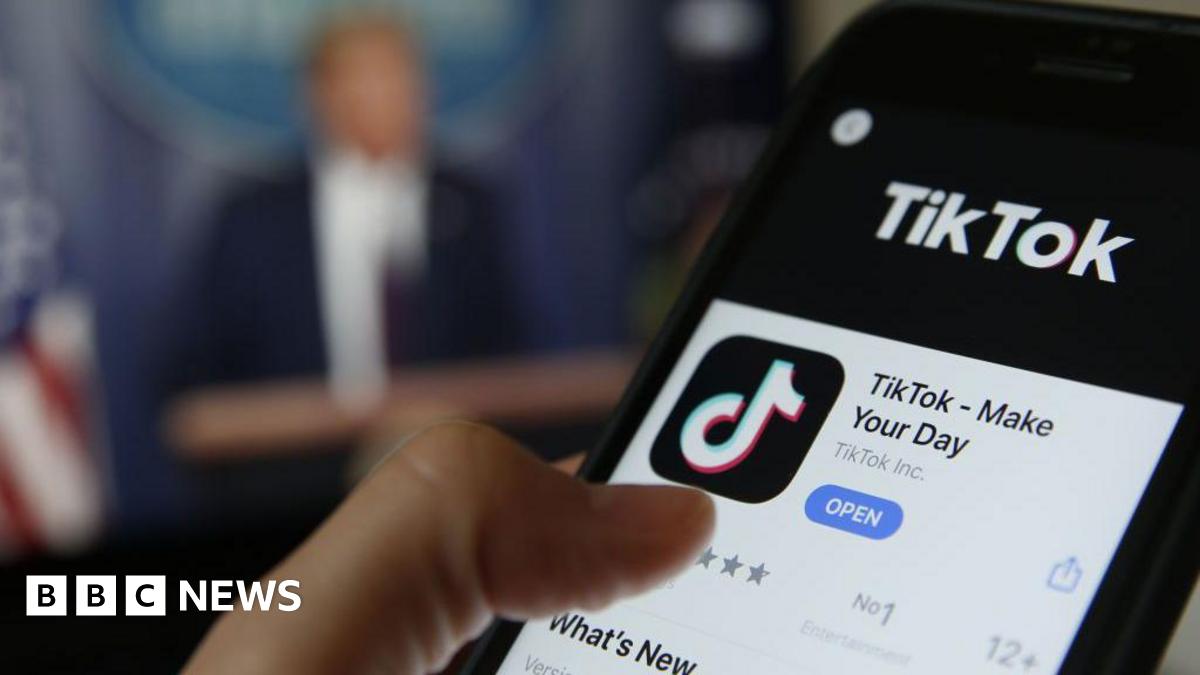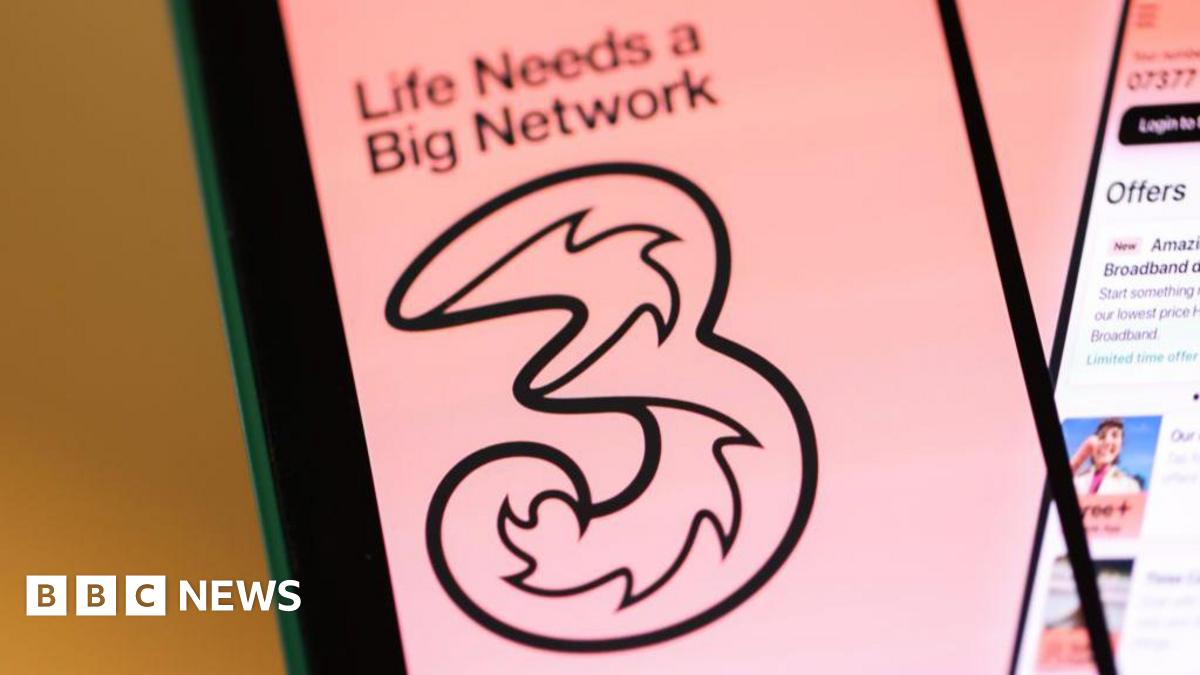Stay informed with free updates
Simply sign up to the Automobiles myFT Digest — delivered directly to your inbox.
Honda and Nissan are poised to set out more details on Monday of plans for the biggest domestic merger in Japanese automotive history, which would create the world’s third-biggest carmaker by sales and fortify both companies against the rise of Chinese competitors.
The number-two and number-three Japanese carmakers, aim to hammer out the merger’s full details by June 2025 and complete it the following year, according to two people close to the companies.
On Monday, the companies will sign a memorandum of understanding to enter into merger talks, in a step towards what many analysts and investors view as long overdue consolidation in the Japanese car industry.
Discussions centre on placing both carmakers under a holding company, the people close to the groups said. It would be led by Honda, which is about four times bigger than Nissan in market capitalisation.
The holding company structure could eventually allow for the entry into the group of Mitsubishi Motors, the Japanese carmaker that has been in an alliance with Nissan since 2016. The three companies plan to hold a joint press conference later on Monday in Tokyo.
Honda and Nissan have discussed their outline plans with representatives of Japan’s Ministry of Economy, Trade and Industry, according to government officials. The ministry raised the idea of a Honda-Nissan merger in 2020.
Ministry officials said they were agnostic on which companies they favoured as survivors but noted that the government’s wider mission included the protection of Japan’s industrial base, meaning it broadly supported a deal that appeared to preserve that.
METI minister Yoji Muto said last week that in general he took a “positive view on co-operation between companies aimed at strengthening competitiveness” and business restructuring was “one effective means of improving corporate value and creating innovation”.
The combined group, were it to include Mitsubishi, would rank behind domestic rival Toyota and Germany’s Volkswagen in terms of annual vehicle sales, at more than 8mn units.
The threat of a potential approach by Taiwan’s Foxconn, the largest contract manufacturer for Apple’s iPhones, was one of the factors that spurred Honda and Nissan towards a merger, according to two people familiar with the matter.
Foxconn’s EV unit is headed by Jun Seki, who was formerly in the number three job at Nissan. He had visited Japan in recent months to meet METI officials, but the company has dropped its interest, according to two people familiar with the matter.
Analysts said a deal should be viewed as a rescue of Nissan, but added that the merged company would achieve the greater scale needed to invest more heavily in electric vehicles and software for autonomous driving — areas in which both have fallen behind global rivals.
It marks the latest step in sector consolidation as the industry undergoes sweeping change. A deal would be of similar size to when Stellantis was formed from the merger of France’s PSA and Fiat Chrysler in 2021.
The talks between the companies have evolved more quickly towards a full-blown merger than had been expected when the pair signed agreements to collaborate on electric car and software collaboration in March and August of this year.
Carlos Ghosn, Nissan’s former chief executive, said at a press conference on Monday that the merger plans “do not make sense” since “there’s too much duplication and no complementarities” between the two companies.
Credit: Source link











